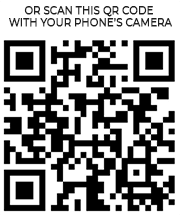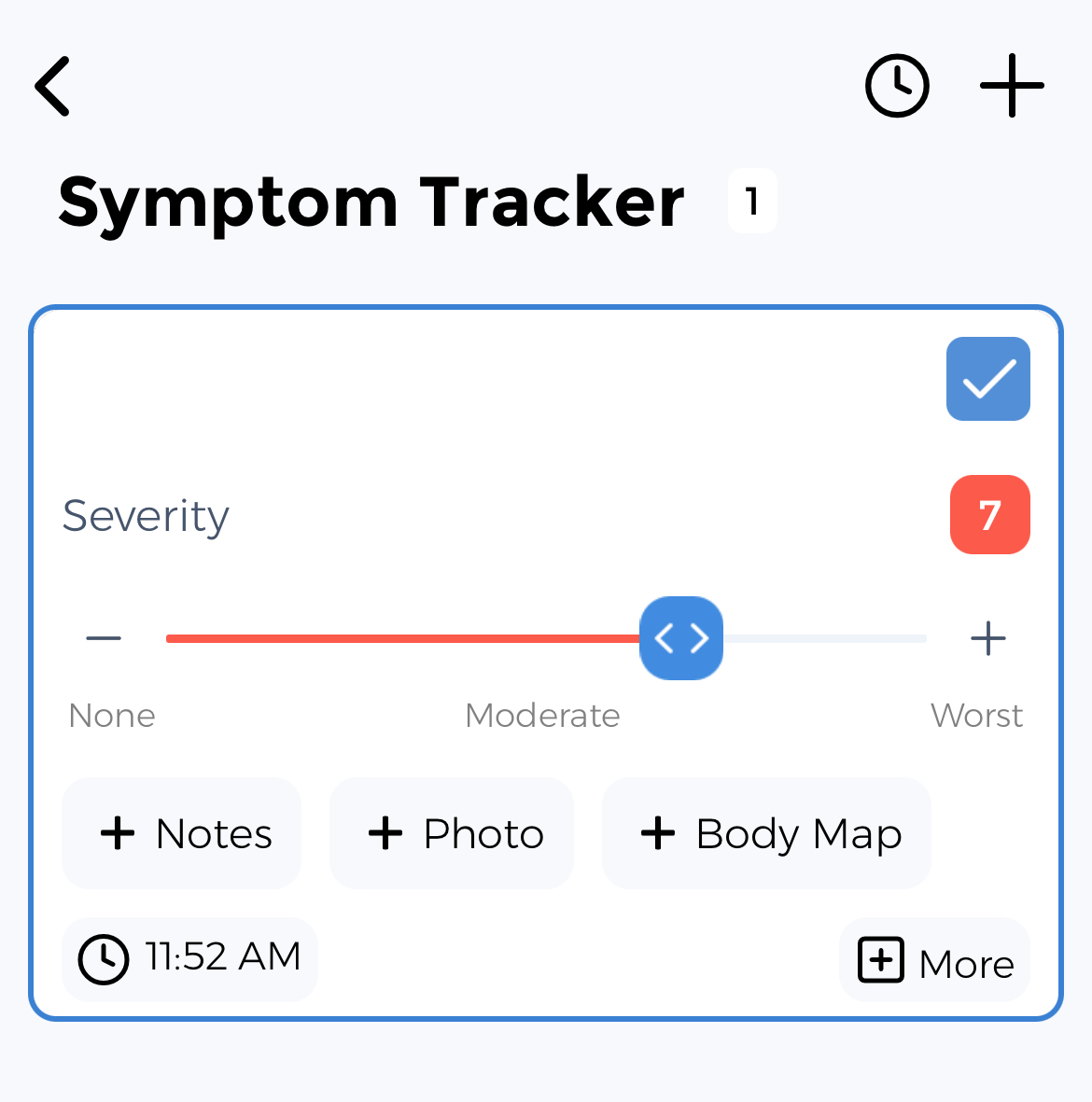Fibromyalgia Symptom Tracker: Your Health Assistant
Living with Fibromyalgia means dealing with widespread pain, fatigue, cognitive difficulties, and more. But here's the truth: Data is your most powerful tool. Every logged symptom reveals patterns—so you can take informed action.
Fibromyalgia causes widespread musculoskeletal pain accompanied by fatigue, sleep, memory and mood issues. Tracking pain levels and potential triggers is essential for management.
Key Fibromyalgia Symptoms You Should Track
Struggling with symptoms like these? Tracking them reveals patterns, triggers, and how they impact your daily life.
Widespread pain
Fatigue
Cognitive difficulties
Sleep problems
Stiffness
Headaches
Depression
Track Your Fibromyalgia Treatments
Tracking how these common treatments affect your symptoms can help you and your healthcare provider optimize your care plan:
Our tracker helps you monitor when you take medications and how they affect your symptoms over time.
Standardized Fibromyalgia Assessments
Complete these evidence-based assessments in the App to measure your severity and monitor your progress:
⚡ Knowledge Is Your Superpower
The difference between feeling overwhelmed by Fibromyalgia and feeling in control starts with data. When you track your symptoms, you transform uncertainty into clarity. Every data point brings you closer to understanding your unique patterns.
It's free to try for anyone—whether you're managing your own condition, supporting a child, helping an aging parent, or assisting a partner. Our tracker adapts to your specific role in the health journey.
How the CareClinic Fibromyalgia Symptom Tracker Adapts to Your Needs
Adults
Caregivers
Parents of Children
Young Adults
Your Complete Fibromyalgia Management Toolkit
Uncover Patterns & Insights
Map your Fibromyalgia symptoms like a detective solving a case.
Understand Your Medication's Impact
Turn guesswork into strategy. See how treatments affect your well-being with clear health insights.
Objectively Measure Your Progress
Use clinically validated tools to objectively measure your progress.
Other Tools You May Like...
Plus 4 more specialized tracking tools available
Access All Tracking ToolsAlso Supports Other Conditions Like
Chronic Fatigue Syndrome Tracker
Chronic Fatigue Syndrome warriors use our tracker to monitor extreme fatigue, post-exertional malaise.
Major Depressive Disorder Tracker
Major Depressive Disorder warriors use our tracker to monitor persistent sadness, loss of interest.
Generalized Anxiety Disorder Tracker
Generalized Anxiety Disorder warriors use our tracker to monitor excessive worry, restlessness.
Irritable Bowel Syndrome Tracker
Irritable Bowel Syndrome warriors use our tracker to monitor abdominal pain, bloating.
Success Stories from Our Community
"Tracking saved me endless trial and error with my Fibromyalgia. I quickly determined that The severity of my cognitive difficulties was directly tied to lack of sleep, saving me months of unnecessary suffering."
"This tracker helped me see my Fibromyalgia in a whole new way. My sleep problems was actually worse on diet changes days - something I never would have realized without keeping consistent records."
Take Control of Your Fibromyalgia Journey
Transform from feeling like a passive patient to becoming an informed self-advocate. Join thousands who've discovered new insights about their condition.
Designed by people who understand the daily challenges of managing chronic conditions, we're here to support you and your ❤️ ones.
Download Your Fibromyalgia Tracker NowYour Data is Protected
Private & Secure
HIPAA Compliant
GDPR Compliant
Never Sell Data
Your data is yours: You get full control over who can view your information. CareClinic keeps all your data secure and encrypted.
References based on studies by:

